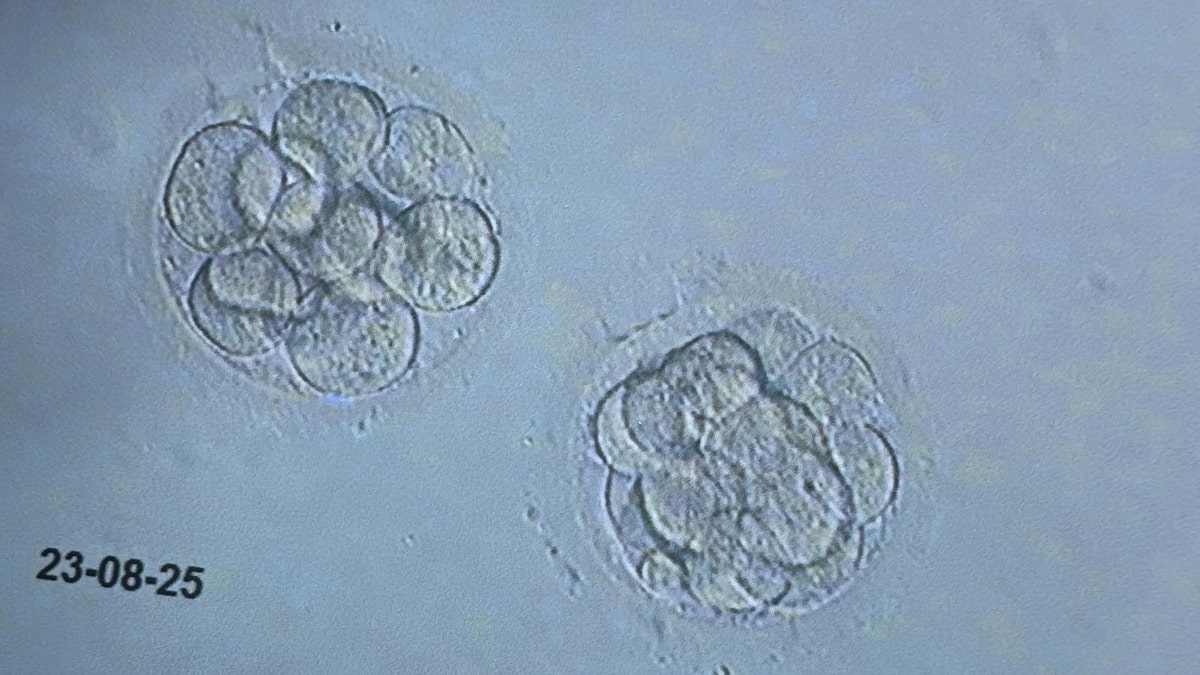Former President Donald Trump's executive order aimed at increasing access to in vitro fertilization (IVF) has ignited a discussion among pro-life supporters, with some questioning the ethical implications of the procedure.
Critics like Lila Rose, founder of Live Action, argue that IVF doesn't tackle the underlying reasons for infertility and raises ethical concerns due to the potential destruction of embryos. She advocates for investigating and addressing the root causes of infertility instead.
Trump's executive order, signed during his presidency, directs the creation of a plan to broaden IVF access and reduce costs, incorporating input from various stakeholders, including pro-life groups. The order emphasizes the hope IVF offers to those struggling with fertility and aims to alleviate financial burdens associated with the treatment.

Patrick T. Brown, a fellow at the Ethics and Public Policy Center, notes that IVF presents a complex ethical dilemma for the pro-life movement because of its potential to create and potentially destroy embryonic life. He suggests establishing safeguards and consulting with experts familiar with the ethical considerations surrounding IVF.

Brown also raises concerns about the potential for practices like sex selection and genetic screening, advocating for careful consideration to avoid unintended consequences.

Several conservative voices on social media have expressed opposition to Trump's executive order. Some argue that IVF contributes to the destruction of embryos, while others raise concerns about children's rights to know their biological parents.

The issue of IVF gained prominence during the presidential campaign. Following an Alabama Supreme Court ruling declaring frozen embryos as children, which led to a temporary halt in IVF services, Alabama Governor Kay Ivey signed legislation ensuring continued access to IVF in the state. Concerns were raised about the potential legal ramifications of the court's decision, particularly regarding the potential damage or destruction of embryos during the IVF process.
Robert F. Kennedy Jr., then head of Health and Human Services (HHS), stated that while he and Trump were not against IVF, they intended to investigate the declining fertility rates and explore potential contributing factors, including environmental chemicals and nutritional aspects.
Comments(0)
Top Comments